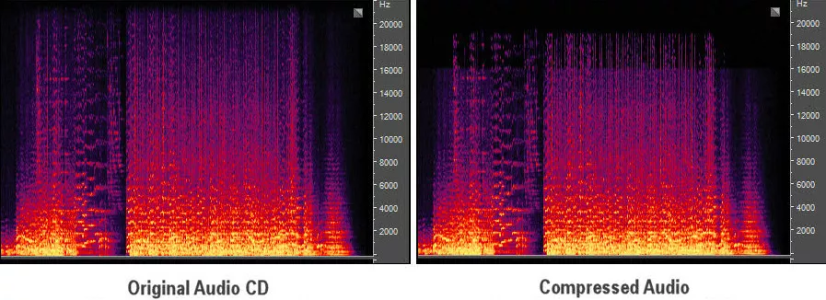The Reed Solomon Error correction is VERY Robust in principle.... Mathematically, I think it can correct for a drop out of upto 2.5 mm along the CD track. However in principle, there are other non perfections in the system...
* Like CD mechanical wobble while spinning at a high speed,
* Imperfect laser focusing (amongst other reasons... due to laser power fading with age)
* Scratched CD surface etc
In practice, most, well designed, new CD players will yield upto 1 mm drop outs (not 2.5 mm) as in audible.
CD Ripping Software has the luxury of time to go back and re read a CD segment that the Reed Solomon code is unable to correct. The Ripping software also has to accommodate the imperfect characteristics of the CD Ripping Drive like CRC (Cyclic Redundancy Check) error.
I am personally convinced that each ripping software, yields its own distinctive sonic signature.
I find EAC rips have more 'flow' while dB PowerAmp rips have more PRAT. ( YMMV

)
To answer your question:
"does it mean we need specialized hardware?"
YES!
Better hardware, for example, a better Ripping drive will yield better rips.
A better CD Drive (eg a Philips CDM Pro) provides audibly better sound, in a CD Player.
... and Yes, different CD Drives have their particular sonic signatures.... Most CEC Belt Drive CD transport users will swear that their CD transport sounds more 'analog' than other transports......
Of course, every thing I have said in the above 2 posts is my opinion and unlikely to be universally acceptable.
I am only sharing my take take on the questions posed, and since you mentioned " i am here to learn."




